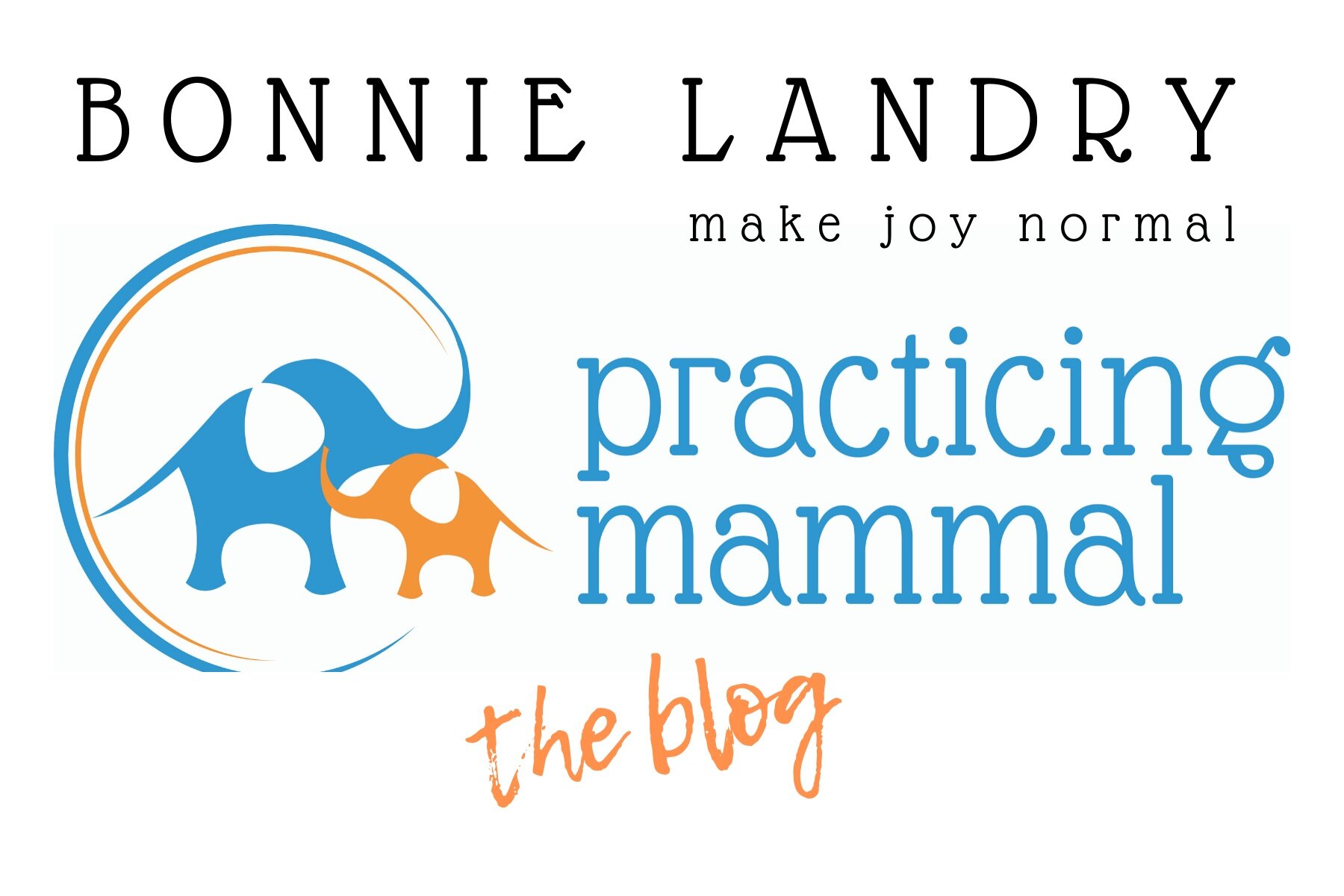historically speaking
Last week, I was posting about Breastfeeding norms in our culture and how some people, like me for example prefer to defy them. The follow up post, Post Breast Debriefing takes a look at some resources. I mention an article written by Polly. She explores in this essay, the importance of our understanding of history in discerning the choices we exercise in our daily life. Today's post is her essay.
History and the Question of Conformity
There are nearly as many arguments for why history is an important part of education as there are advocates for its study. Such arguments range from that history is simply an interesting way of expanding the mind, to that it makes one more cultured and intelligent, to that knowledge of past actions and their consequences will allow one to make good decisions critical for the future. Reasonably, there is validity to all these points, the purpose of historical study is broad and need not be confined to a single reason. Among the many reasons, often overlooked is this: an authentic study of history opens one’s eyes to discern whether or not to conform to society’s norms. Through understanding the why, where and when of how aspects of our culture developed to what they are now, one may answer the question; should we participate in them?
Firstly, what is an authentic study of history? Certainly it is not simply the memorization of rote facts, which has its place but is limiting in that students are incapable of learning, let alone retaining, every occurrence that every historian deems important. This begs the unanswerable question; who can be trusted as to what just historical events students should learn? No, an authentic education in history is one which delves into humanity, cultures, the trends of change and the universality of human nature in diverse circumstances. Above all, it helps the student develop the skill of how to learn about history for themselves, beyond the confines of classroom and curriculum. This is an invaluable skill which unlocks the doors to knowledge those parts of history most interesting or relevant to the student throughout their lives. Thus, an authentic study of history is not limited to learning a set of facts, but is a study of humanity and culture, and outfits the student with the skill to learn.
Approached in this way, history is largely the saga of how lifestyles have developed over the centuries, and ultimately how our twenty-first century North American lifestyles have become what they are. Understanding this allows us to judiciously examine why we do what we do. Nearly all external aspect of our lives – not our human natures, but our mindsets and our actions - are neither prototypes for humanity that are simply done because we are human, nor isolated phenomena specific to here and now. What we do is part of a historical continuum. This applies to both seemingly trifling or mundane activities – the way we clean our home, buy our food, brush our teeth – and the more significant or profound – how we prioritize our lives, earn a living, socialize, educate, or approach religion.
Materialism may be combated through viewing all possessions in light of the historical continuum, which gives us a new perspective when considering why we own various things, whether they’re really necessary or improve our lives.
It is all too easy to take for granted our cultural norms. All people have done so, even so-called “non-conformists”, sweep their floors and brush their teeth every day without considering whether the very time-and-place-specific way they do so is the best way, and why. Perhaps these things matter relatively little. Yet, some things commonly taken for granted matter deeply, and through an understanding of history and, consequently, the development of cultural norms, we can more skilfully discern which to conform to in our own life, which to adapt, and which to discard.
Discernment is the key to the useful application of historical understanding in this regard. A professional may cut corners in his work – a baker may add to a recipe, a musician break the rules in a piece – but only after firmly understanding why the rules exist. Similarly, learning to assess why we do what we do we are better prepared to decide which to do. By breaking out of the automatic adherence to cultural norms, we are enabled to more clearly discern which to follow. In some cases, there might be good reasons to conform; perhaps our culture does some things the best way. Those who are counter-cultural must avoid the mindset that because a trend is current, it must be flawed, or that a practice can be justified on the basis that it was done historically. Certainly a case can be made for a traditional lifestyle contrary to that of our modern culture and more common in the past; however, one must keep in mind that there have been degrees of corruption in every age. Also, some practices may not be best or worst, correct or incorrect, right or wrong, but may be chosen by the individual on the basis of preference, or adapted to their own situation. Some cultural trends may be followed simply as a participation in culture; for example, cultural food or music, which give members of a culture a sense of community and identity. Among all cultural norms, we thus determine which to comply with, adapt, or avoid.
We must discern how, when, and why to conform to the norms of our modern society. The power to do so comes largely through being informed about such norms developed to what they are. Invariably, the best way to achieve this is through the authentic study of history.
by Polly.

